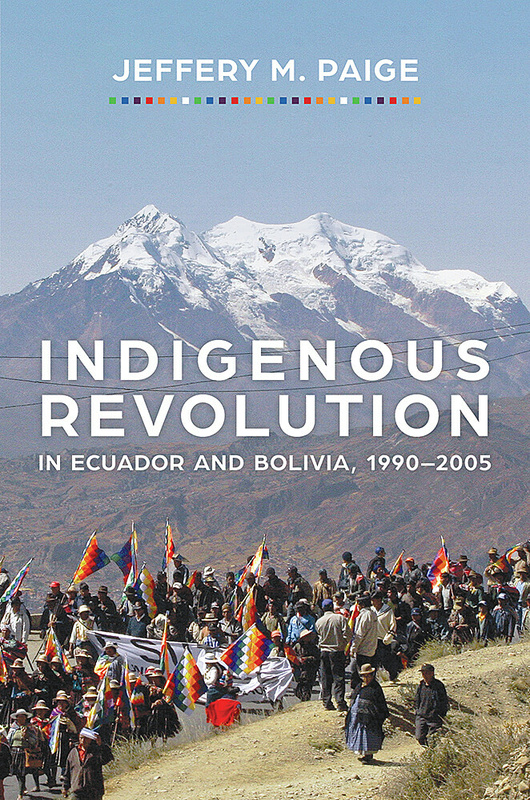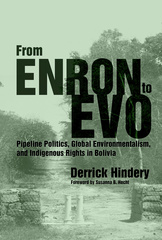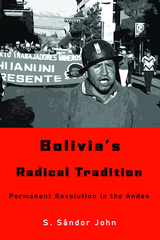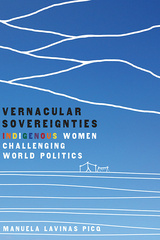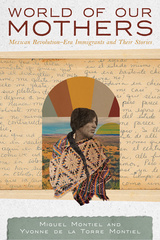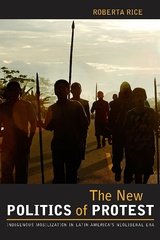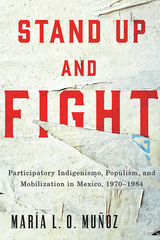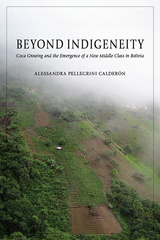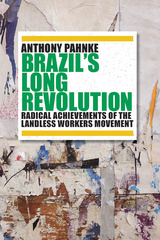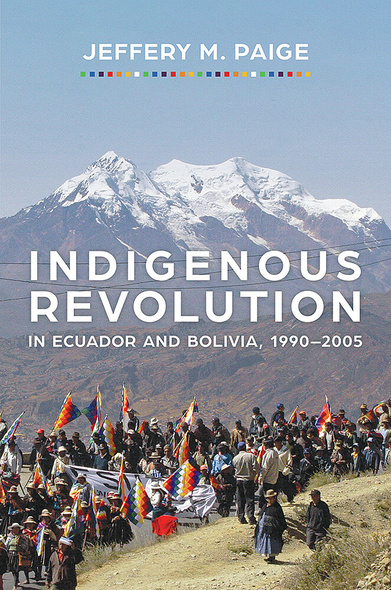
Indigenous Revolution in Ecuador and Bolivia, 1990–2005
Uprisings by indigenous peoples of Ecuador and Bolivia between 1990 and 2005 overthrew the five-hundred-year-old racial and class order inherited from the Spanish Empire. It started in Ecuador with the Great Indigenous Uprising, which was fought for cultural and economic rights. A few years later massive indigenous mobilizations began in Bolivia, culminating in 2005 with the election of Evo Morales, the first indigenous president.
Jeffrey M. Paige, an internationally recognized authority on the sociology of revolutionary movements, interviewed forty-five indigenous leaders who were actively involved in the uprisings. The leaders recount how peaceful protest and electoral democracy paved the path to power. Through the interviews, we learn how new ideologies of indigenous socialism drew on the deep commonalities between the communal dreams of their ancestors and the modern ideology of democratic socialism. This new discourse spoke to the people most oppressed by both withering racism and neoliberal capitalism.
Emphasizing mutual respect among ethnic groups (including the dominant Hispanic group), the new revolutionary dynamic proposes a communal worldview similar to but more inclusive than Western socialism because it adds indigenous cultures and nature in a spiritual whole. Although absent in the major revolutions of the past century, the themes of indigenous revolution—democracy, indigeneity, spirituality, community, and ecology—are critically important.
Paige’s interviews present the powerful personal experiences and emotional intensity of the revolutionary leadership. They share the stories of mass mobilization, elections, and indigenous socialism that created a new form of twenty-first-century revolution with far-reaching applications beyond the Andes.
Well-written, well-argued, imaginative. Paige helps us understand how and why twenty-first-century revolutions are unique in their strategies and objectives, and how they strive to bring back the past in new ways.’—Susan Eckstein, co-editor of How Immigrants Impact Their Homelands
Jeffery M. Paige was a professor of sociology at the University of Michigan for almost forty years before accepting emeritus status in 2015. His passion for the study of revolution has led him to field research in Central America during its revolutionary wars and to the Andes in the aftermath of revolution.
Preface
Abbreviations
Prologue: The World Turned Upside Down
Introduction: Modernity, Indigeneity, and Revolution
PART I. THE NATION, THE LIVING JUNGLE, AND THE COMMUNAL VISION IN ECUADOR
1. The Nation and the Living Jungle in the Amazon
Interviews with Ampam Karakras, Rafael Antuni, and Marlon Santi
2. ECUARUNARI: Sumak Kawsay and the Communal Vision
Interviews with Delfín Tenesaca, Humberto Cholango, and Luis Contento
3. Pachakutik: Indigenous Jeffersonians
Interviews with Gerónimo Yantalema, Salvador Quishpe, and Auki Tituaña
PART II. “INDIAN REVOLUTION” AND THE MOVEMENT TOWARD SOCIALISM (MAS) IN BOLIVIA
4. Katarism-Indianism in the Andes
Interviews with Felipe Quispe, Eugenio Rojas, Pablo Mamani, and Eugenia Choque
5. The Sacred Leaf
Interviews with Leonilda Zurita and Julio Salazar
6. MAS Unionists: Che Guevara and Túpac Katari
Interviews with Isaac Avalos, Fidel Surco, and Edgar Patana
7. Indianism and Marxism
Interviews with Antonio Peredo, César Navarro,and Rául Prada
Conclusion: Twenty-First-Century Revolution
Epilogue
Appendix
Notes
Index

